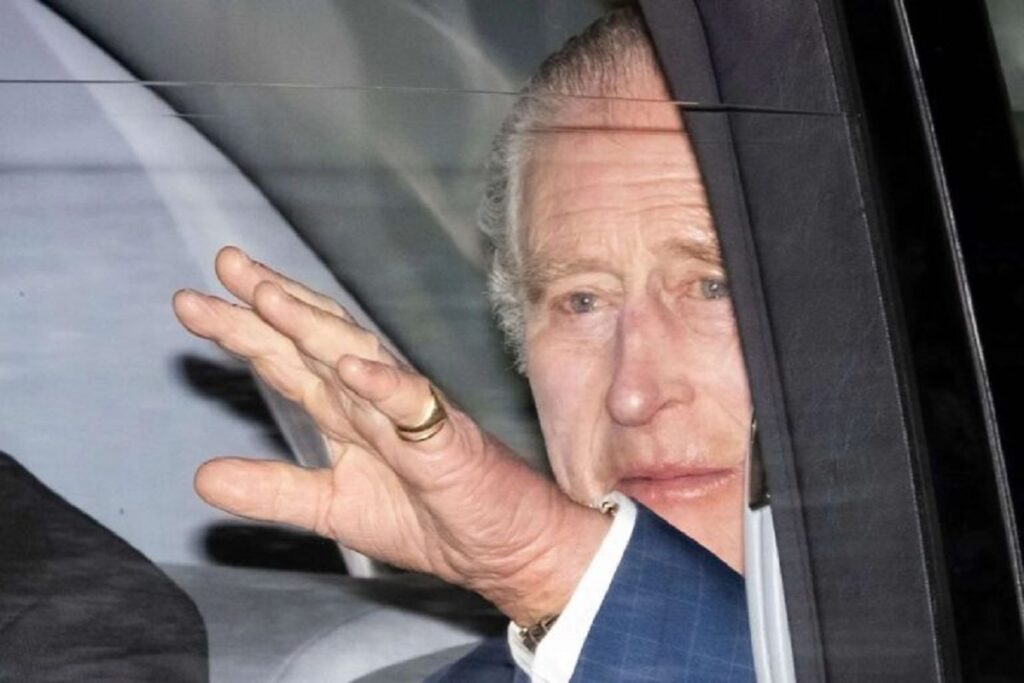It seems that working at Windsor Castle isn’t quite the dream job it might appear, especially considering the recent job listing for a cleaner at Holyrood Palace in Edinburgh. This position, advertised at £12 per hour—the minimum wage in Scotland—has sparked considerable controversy across Britain.
A Royal Offer That’s Less Than Regal
King Charles III’s search for a cleaner to maintain the royal residence, where he spends just one week a year, might sound prestigious. However, the offered compensation tells a different story. The job promises only 20 hours of work per week over four days, including Sundays, with a monthly salary of approximately £960. While the position includes meals and accommodation—valuable perks—the modest salary has led many to question the palace’s regard for its staff.
The job advertisement describes the role as an “opportunity to use your enthusiasm and interest in hospitality to deliver the exceptional.” While this sounds noble, it feels somewhat hollow against the backdrop of today’s economic climate and the King’s personal fortune, reportedly around £1.2 billion.
History Repeats Itself?
The British press, known for its scrutiny of the monarchy, has highlighted the stark disparity between the King’s wealth and his staff’s wages. This isn’t the first instance of discontent among royal staff. In 2015, during Queen Elizabeth II’s reign, employees went on strike seeking fairer wages. The current situation appears similarly bleak, especially with reports suggesting that the new king might reduce staff numbers by up to 20%.
Having “British Royal Family” on a resume can undoubtedly open many doors. However, for many, the allure of royal association does not compensate for the challenges of living on a minimum wage. This job listing not only underscores the tension between historic prestige and modern economic realities but also reflects broader societal concerns regarding fair compensation for all workers, regardless of their employer.

